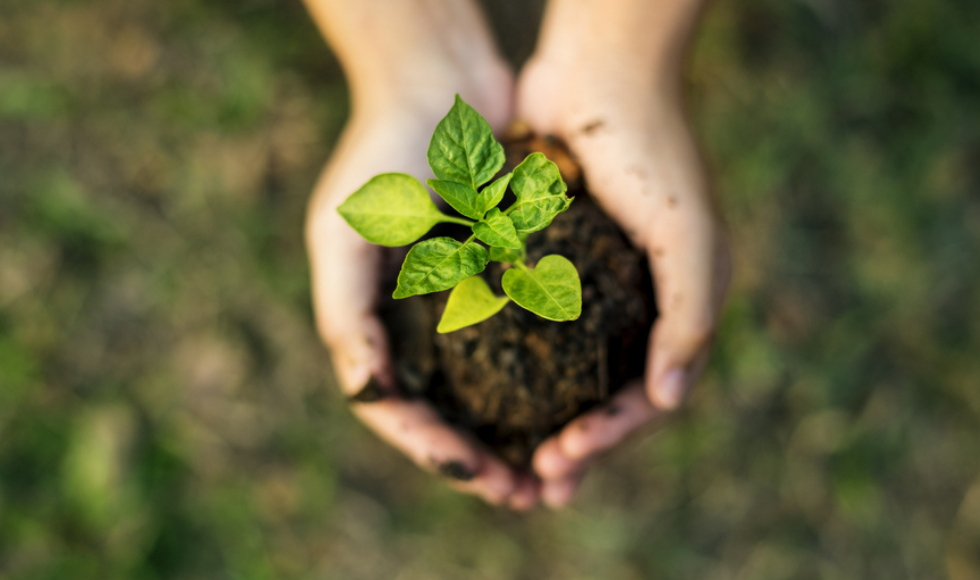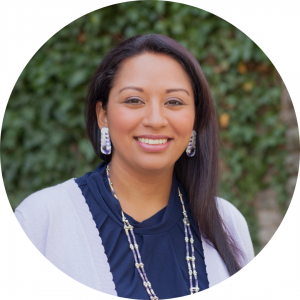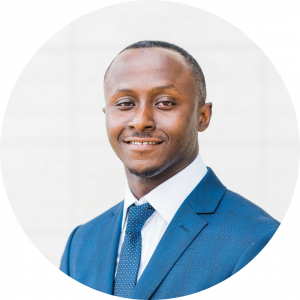Equipping students with the skills to tackle some of the planet’s most pressing justice challenges

As part of McMaster’s Sustainable Future Program (SUSTAIN), undergraduate students across faculties have the opportunity to take community-based, experiential courses focused on sustainability.
Learn more about two newer SUSTAIN courses that tap into lived experience and encourage students to draw connections between equity and sustainability.
Intersectionality and Sustainable Development
 Meet Kelsey Leonard—instructor, water scientist, legal scholar, policy expert, and enrolled citizen of the Shinnecock Nation. Through her research and teaching, Leonard seeks to establish Indigenous traditions of water conservation as the foundation for international water policymaking.
Meet Kelsey Leonard—instructor, water scientist, legal scholar, policy expert, and enrolled citizen of the Shinnecock Nation. Through her research and teaching, Leonard seeks to establish Indigenous traditions of water conservation as the foundation for international water policymaking.
After teaching a McMaster Indigenous Studies course on Indigenous water justice, Leonard and her colleagues noticed an opportunity to bring an intersectional lens to how students engage with the United Nations’ Sustainable Development Goals (SDGs).
To broaden the SDG curriculum, Intersectionality and Sustainable Development (SUSTAIN 2IS3) was formed and ran for the first time as a four-week course in spring 2021.
“In many ways, the course emerged out of social justice movements over the past year,” says Leonard. “There was a global call to consciousness that made this type of curriculum even more important than it might have already been. It just was something that students were eager for.”
Through interdisciplinary teamwork, students in the course discussed solutions to some of the planet’s most pressing justice challenges including food insecurity, environmental racism, gender inequality, water insecurity and ocean exploitation.
“We look at the literature but also what the SDG means through specific experiences,” explains Leonard. “For example, we considered what it might be like to be a female fisherwoman in a small island developing state, without sufficient access to fishing economies, particularly those most impacted by climate change.”
Importantly, Leonard says this subject matter is rooted in hope and an appreciation for the perspectives of others to tackle these challenges.
“There needs to be recognition that our race, our gender, our immigration status, our experience of disability, it shapes how we experience the world, it’s not something that should be glossed over, we should be embracing that in and out of the classroom,” she says. “We allow students to acknowledge the past, but to imagine the change that we hope to see, and to be hopeful and empowered and passionate in doing so.”
Exploring the United Nations Sustainable Development Goals
 John Boakye-Danquah, another SUSTAIN instructor, agrees that students will bring richer ideas to the table if they are provided the space to work across disciplines and leverage their own experiences.
John Boakye-Danquah, another SUSTAIN instructor, agrees that students will bring richer ideas to the table if they are provided the space to work across disciplines and leverage their own experiences.
“It’s easy for any student to go to the web and read the 17 SDGs,” says Boakye-Danquah. “At the end of the day, I was hoping to leave an impression for people to see they have lived experience that ties them to these goals and show them how connected we all are to issues of sustainability.”
An esteemed environmental researcher and post-doctoral fellow with the Canadian Institute of Forestry, Boakye-Danquah created space for students to learn about sustainability through simulations, debates and games.
For the final presentation in his course, SUSTAIN 2SD3, students presented university operational leaders with potential solutions to address the SDGs on McMaster’s campus. Six student groups identified opportunities for the campus, such as a community fridge to improve food security, using pasta straws instead of paper to reduce waste, installing bicycle self-repair stations to promote green transportation, and providing substance abuse support for students online.
Having led similar in-person sustainability courses and projects around the world, Boakye-Danquah tapped into the students’ enthusiasm to design a virtual course that integrated social simulations and allowed for an interactive learning experience.
“I adapted that experience by creating this final project for students to consider various perspectives and needs across the campus community,” says Boakye-Danquah. “All of these students are really engaged and understood the theory, but by localizing it, you could see them take ownership of their ideas, experience the importance of building collaborations to achieve the goals and see the real opportunity of how trade-offs and synergies emerge when one goal is prioritized over another.”
For more information on SUSTAIN courses running in 2021-21, the sustainability minor, and other ways to get involved, please visit the Academic Sustainability Programs Office website.


